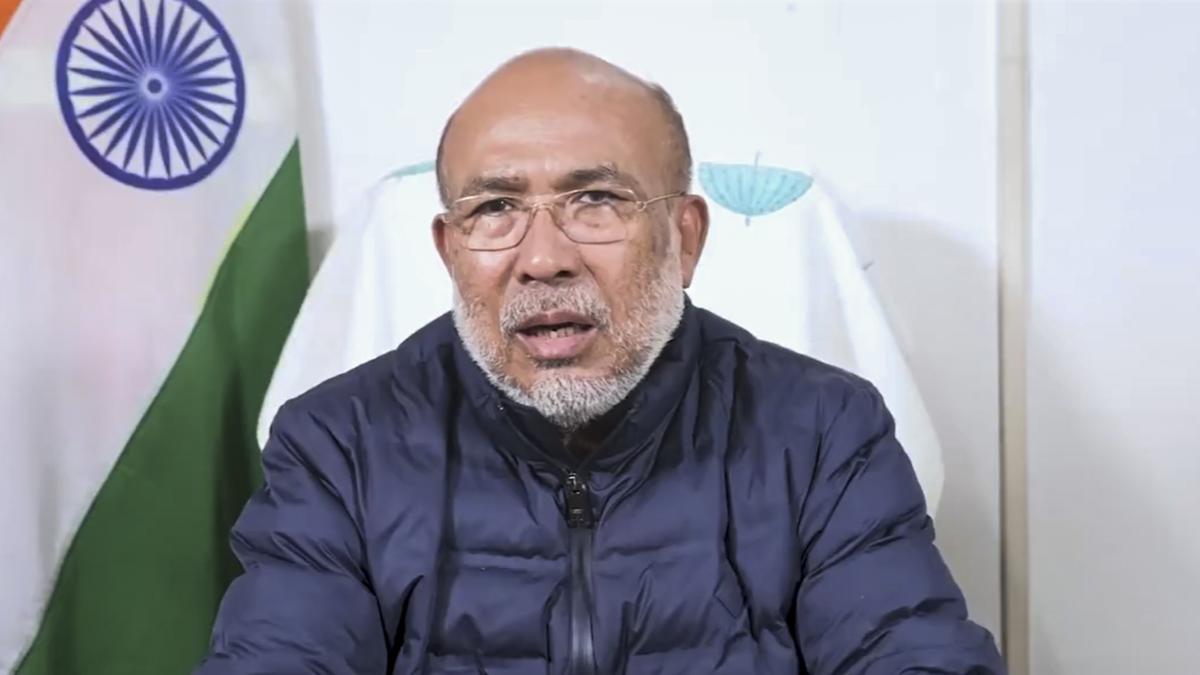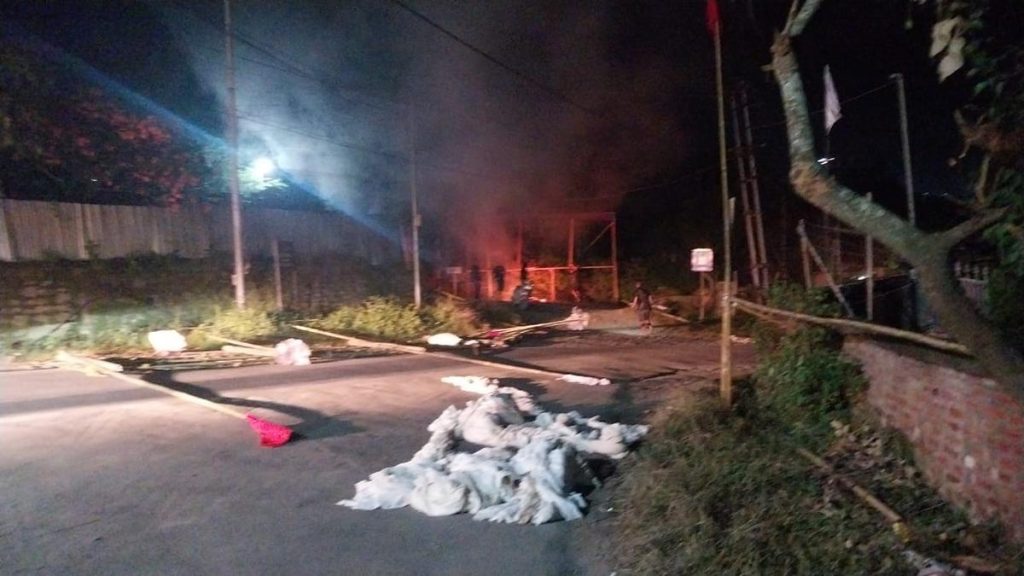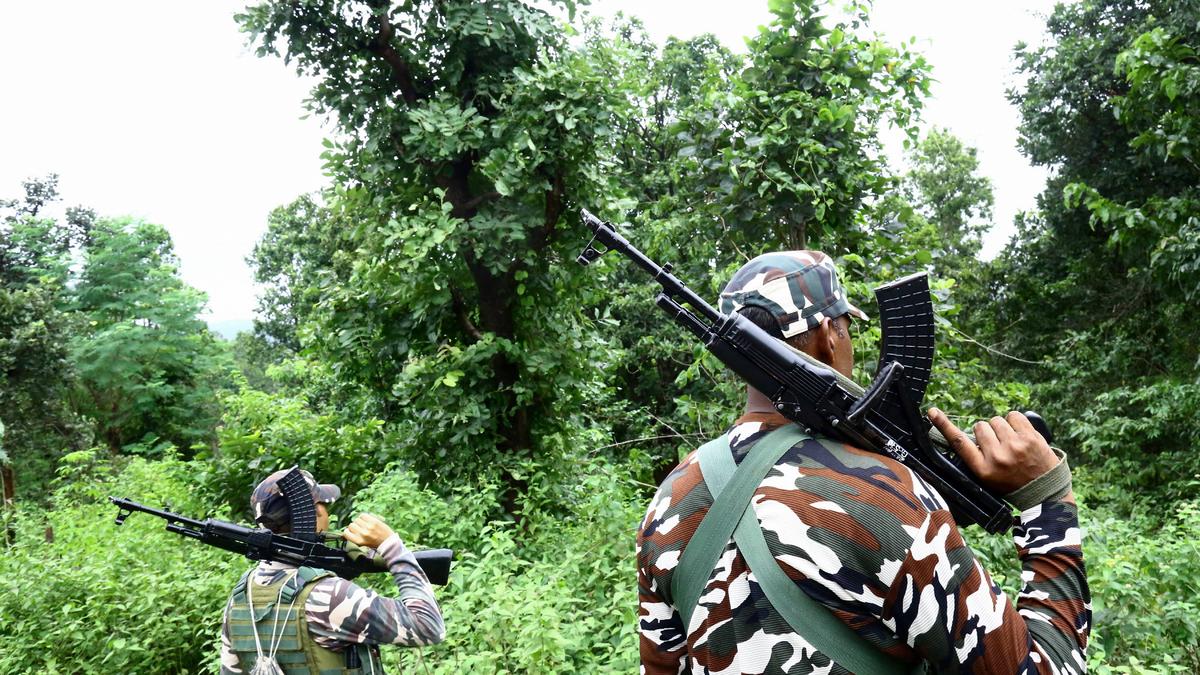Now Reading: President Approves Manipur Law Regulating SC, OBC Certificates
-
01
President Approves Manipur Law Regulating SC, OBC Certificates
President Approves Manipur Law Regulating SC, OBC Certificates

### Quick Summary
– A law to regulate issuance of caste certificates for Scheduled Caste (SC) and Other Backward Class (OBC) communities in manipur has received Presidential assent in July this year.- Introduced by the N. Biren Singh-led government in 2024 amidst ethnic conflict, the law aims to prevent fraudulent claims and ensure uniformity in issuing caste certificates.
– Manipur categorizes seven communities as SC, four as OBC, with reservation fixed at 2% for SCs, 17% for OBCs, and 31% for Scheduled Tribes (STs).
– The provisions include:
– Procedures for application and issuance of caste certificates.
– Scrutiny committees empowered to verify suspicious or fraudulent claims, including suo motu investigations; their decisions can only be challenged in the High Court.
– Offenses and penalties related to false claims.- During verification proceedings by scrutiny committees, the validity of a questioned certificate remains intact until a final decision is made on its cancellation.
– Similar laws exist in Maharashtra while some States like Andhra Pradesh regulate these powers through executive orders.
—
### Indian Opinion Analysis
The introduction of this legislation underscores recurring concerns about fraudulent claims involving SC and OBC status across India. By formalizing procedures tied to the issuance and scrutiny of caste certificates with legal mechanisms like scrutiny committees, Manipur seeks to fortify integrity within its system. These measures are significant considering the importance of reservations in public education and employment sectors which hinge on accurate documentation.
Given existing precedents from other States such as maharashtra’s detailed provisions or Andhra Pradesh’s suo motu powers overseen by District Collectors, it is indeed evident that fraud prevention frameworks differ considerably regionally. This law positions Manipur alongside states adopting legislative safeguards rather than relying solely on executive directives.
While debates regarding potential administrative delays stemming from extended verification remain open-ended across India, implementing clear guidelines could bolster trust among communities eligible for affirmative action policies. Additionally, restricting further appeals beyond High Courts streamlines dispute resolution but also places heightened accountability upon scrutiny committees’ decisions.
[Read more](https://www.thehindu.com/theme/images/th-online/1x1_spacer.png)






















